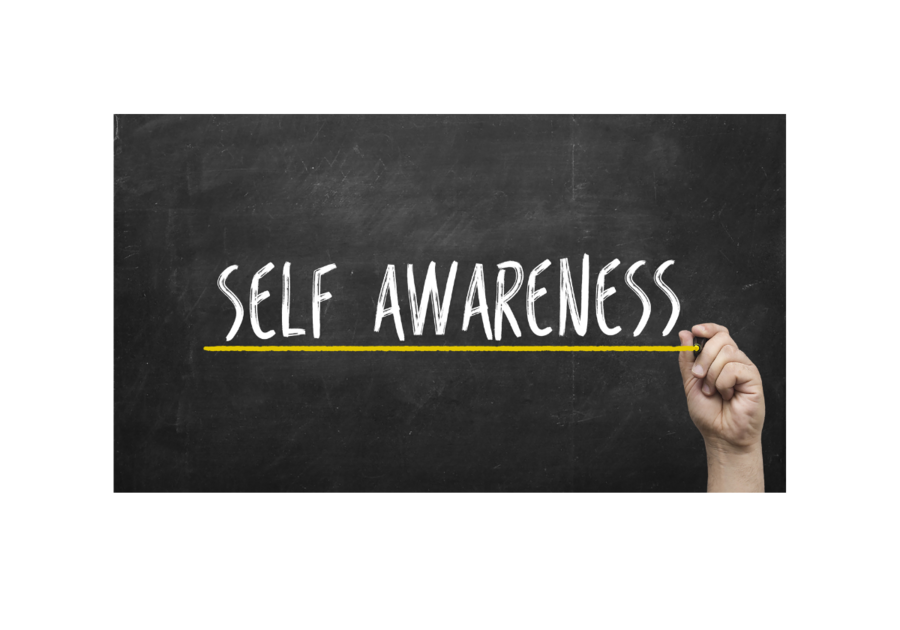Cultivating Self-Awareness in Our Children: A Guide for Parents
What is Self Awareness?
Self-awareness refers to the ability to understand and recognize one's thoughts, emotions, behaviors, and their impact on oneself and others. It also involves being aware of one's values, preferences, goals, strengths, challenges, attitudes, and mindsets. This trait is an essential part of emotional intelligence (EQ) and is fundamental for personal and professional development. Individuals who possess self-awareness can make better decisions, form healthier relationships, lead authentically, manage their emotions, align their behavior with their values, and comprehend how others perceive them. Some examples of self-awareness include feeling your stomach churn when you realize you forgot to study for an important test and feeling your heart flutter when you see someone you are attracted to. Research suggests that cultivating self-awareness can contribute to enhanced confidence, contentment, and a greater sense of control over one's life.
As parents, we strive to equip our children with the skills and tools they need to navigate the world successfully. One crucial life skill that often gets overlooked is self-awareness. So, what exactly is self-awareness? Self-awareness is recognizing and understanding one's thoughts, feelings, and behaviors. It involves being conscious of our strengths, weaknesses, and impact on others. Cultivating self-awareness in our children is essential; it's a game-changer. It's a key to their emotional intelligence, resilience, and overall well-being.is
Children who practice self-awareness exhibit behaviors such as recognizing and expressing their emotions, understanding the consequences of their actions, and being mindful of their strengths and areas for improvement. For example, a self-aware child may be able to articulate how a particular situation makes them feel and why, leading to better self-regulation and problem-solving skills.
Similarly, self-awareness is equally essential for adults. A self-aware adult understands their emotions and how they may influence their decisions and interactions with others. They can recognize their biases and work towards personal growth and improvement.
Now, how can we help our children and even ourselves develop self-awareness?
Here are a few ideas and exercises to consider:
1. Encourage open communication: Create a safe and open environment where your children feel comfortable expressing their thoughts and emotions. Model this behavior by sharing your feelings and experiences.
2. Reflection and journaling: Encourage your children to reflect on their experiences and write or draw about their feelings. This can help them develop a deeper understanding of their emotions and behaviors.
3. Mindfulness practices: Introduce simple mindfulness exercises such as deep breathing, meditation, or mindful walking. These practices can help children and adults become more attuned to their inner experiences.
4. Feedback and reflection: Discuss situations with your children and provide constructive feedback. Encourage them to think about how their actions may have impacted others and what they can learn from the experience.
5. Role modeling: Demonstrate self-awareness in your actions and decisions. Show your children how you recognize and regulate your emotions, admit mistakes, and work towards personal growth.
Fostering self-awareness in our children is a gift that will benefit them throughout their lives. Helping them understand their thoughts, emotions, and behaviors empowers them to navigate the world with empathy, confidence, and resilience. As parents, remember that self-awareness is a lifelong journey, and we can all work towards becoming more self-aware. By continuing our own self-awareness journey, we set a positive example for our children, showing them that learning and growth never stop.



